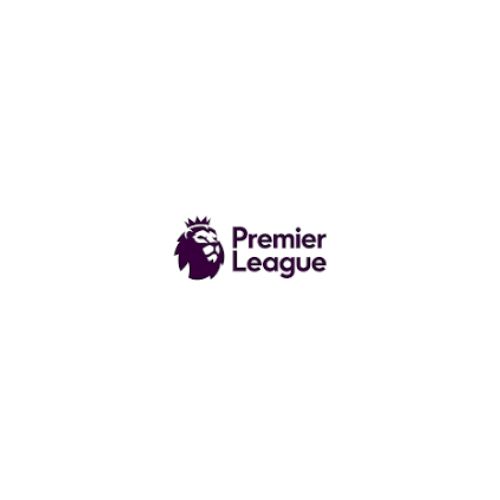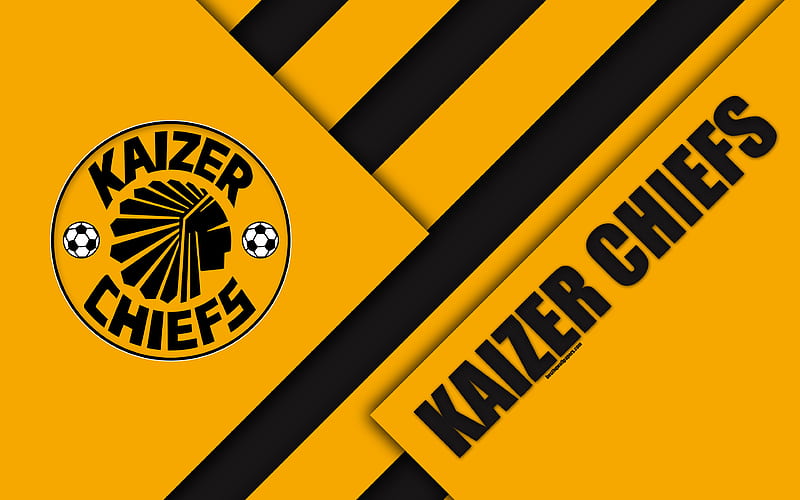It is not like flipping a light switch. It involves more than just a new coach. It is not an easy or temporary solution. Instead of running in the incorrect direction, we must walk toward the best option. Sir Jim Ratcliffe made those astute remarks in February, not long after the completion of his twenty-five percent stake in Manchester United. It was an acknowledgment of the magnitude of the challenge any coach would confront at a club that has wandered for 11 years since Sir Alex Ferguson resigned and the Glazer family’s influence took root, even though it was not the clear vote of confidence Erik ten Hag may have wanted.
Ratcliffe did not think that a change of management would instantly turn around for the club; instead, he talked about the “struggle to get the organization and climate correct.” It was time to take stock of everything and assess it. Choose the correct solution by walking rather than running. However, you can not always take your time when playing football. There are moments when the need to act becomes unbearable. When an issue shows up on your doorstep, the alluring idea of solving it on your own schedule and terms sometimes fades.
Has Ten Hag helped United get to that point? That is how it feels now. After an impressive first year in which he reached the FA Cup final, the Europa League quarterfinals, won the Carabao Cup, and finished third in the Premier League, there are questions about whether anyone at Old Trafford, including Ten Hag himself, has what it takes to go on to a third season.
Here, energy and appetite play major roles. Is Ten Hag still able to energize a team of players that appear to be as unmotivated as they were when he arrived two years ago? Is Ratcliffe and his team really going to drag themselves around for weeks searching for a new manager when there are so few clear-cut, readily available options? Ratcliffe’s comments on the subject demonstrate an understanding that, over the previous ten years, significantly more went wrong at United than just the identity of the man in the dugout.
Ten Hag might legitimately assert that, like to David Moyes, Louis van Gaal, Jose Mourinho, Ole Gunnar Solskjaer, and even Ralf Rangnick before him, he was hindered by a culture of complacency and mediocrity in both the dressing room and the boardroom. Ratcliffe has begun to change that with a slew of hires, including persuading Southampton’s Jason Wilcox to serve as technical director and Manchester City’s Omar Berrada to begin as chief executive this summer.
A pay dispute with Newcastle United has delayed Dan Ashworth’s planned appointment as director of football, but as Ratcliffe has stated, that is just another essential aspect of the goal to “get all the right people in the right boxes doing the right things with that sporting elite environment.” Ten Hag expressed his enthusiasm for the current season by praising the positive vibes emanating from Old Trafford and the “extremely positive” discussions he had with Sir Dave Brailsford, the director of sport at INEOS, and Ratcliffe.
From the outside looking in, their first impression was that rather than being the result of managerial or coaching errors, many of the problems Ten Hag and his predecessors had encountered had to do with structural and cultural shortcomings within the team. The majority of United’s supporters and the media have mirrored this default stance.
However, that viewpoint is becoming less and less tenable with each passing day of this awful campaign. Ten Hag may be approaching the point where he can no longer be a viable alternative for United, one that Van Gaal reached within two years and Mourinho and Solskjaer very shortly after. Nobody should believe that Ten Hag is the cause of United’s difficulties.



